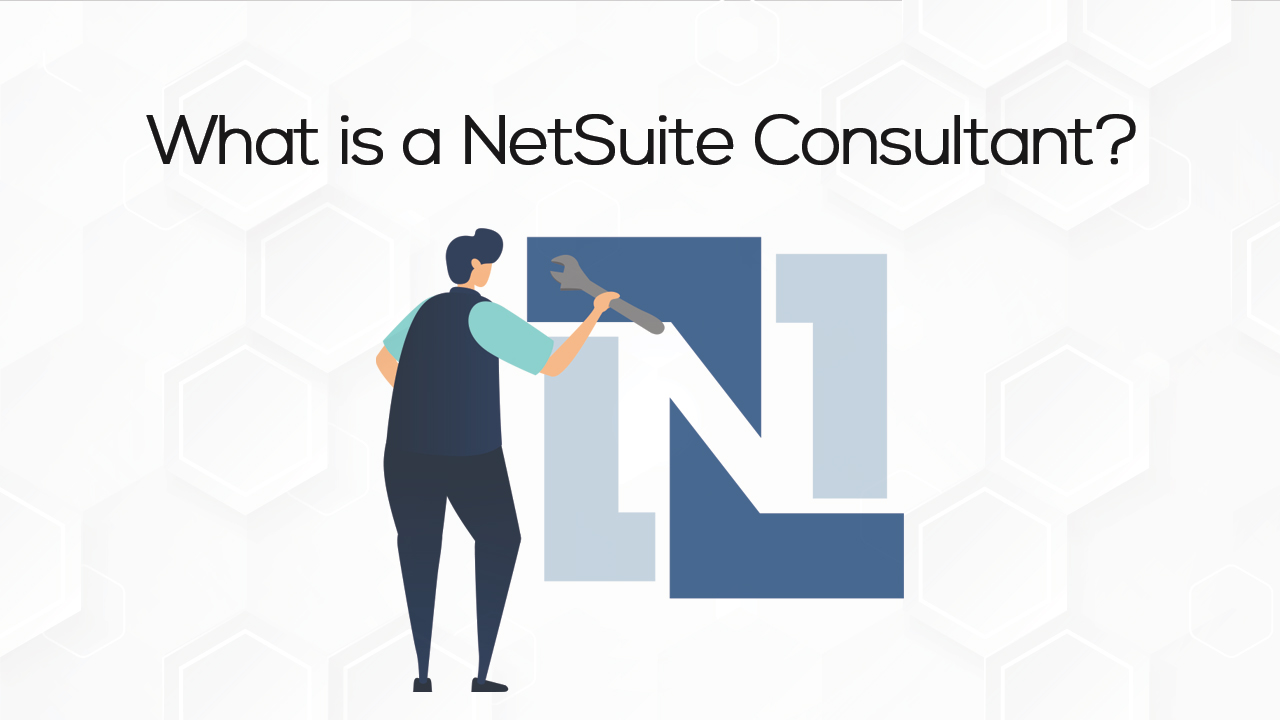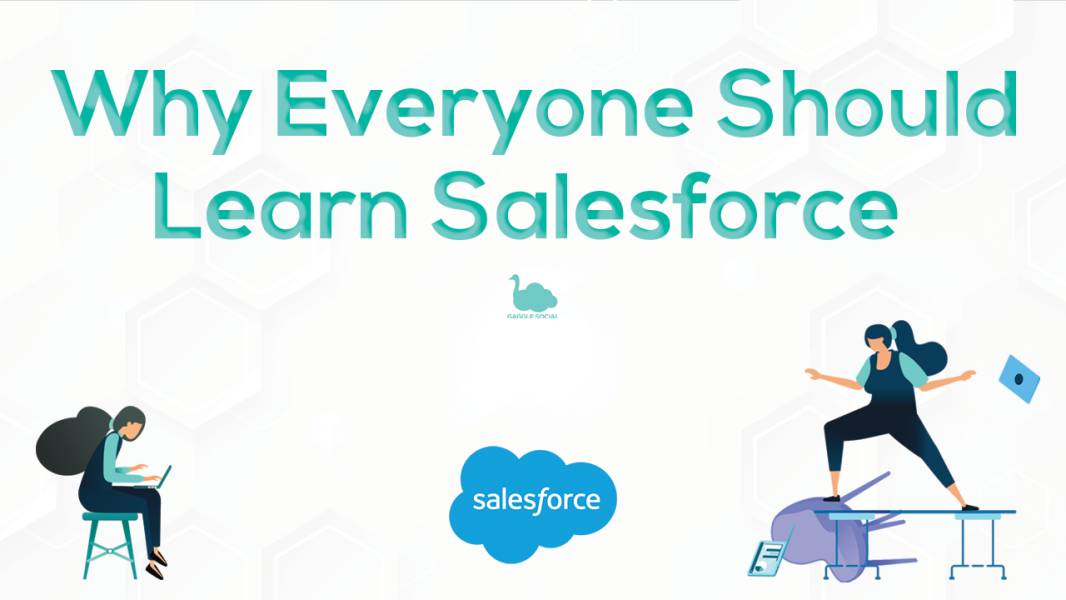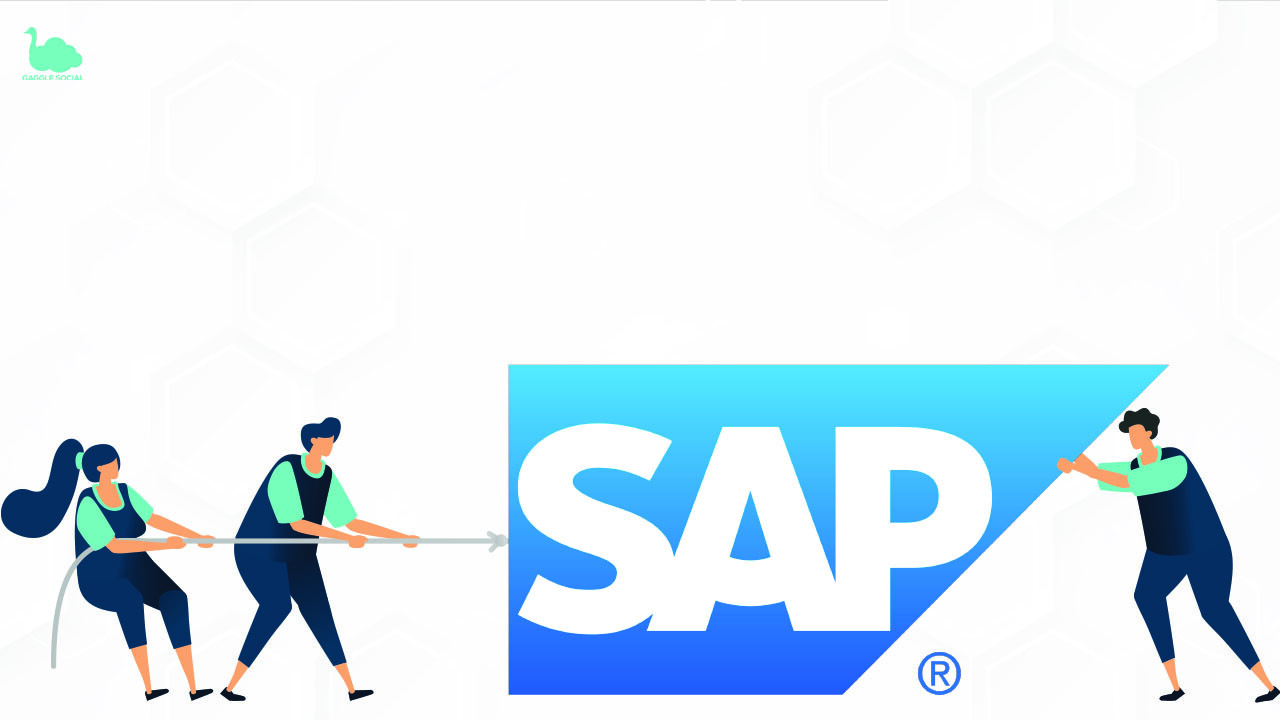- admin
- Jul 31,2023
Choosing The Right ERP System For Your Business
Enterprise resource planning, commonly known as ERP systems, are necessary for running your business smoothly and efficiently. ERP software and their functionalities do not have one standing or permanent definition, and that is because they exist to be tailored and used based on the needs of varying businesses, which means it’s unlikely for two businesses to have the exact same ERP solution. ERPs can work to an organization’s benefit according to its size, scale, reach, and departmental needs. Thus, choosing the right ERP system requires careful consideration of many aspects, which will be outlined below.
Let’s discuss the inherent need for ERP systems before detailing how they should be chosen. ERPs are investments and can connect different departments or even business models under one accessible “roof”. These needs include daily activity, resources, risk management, inventory, finance, Human Resources, sales, etc.
ERPs allow seamless workflows and limit errors across multiple facets and processes that they touch. They have become critical for managing businesses as their implementation becomes increasingly indispensable. As we know them today, ERPs didn’t come into play until around the 1990s, but according to NetSuite “enterprise resource planning systems actually have their roots deep in the manufacturing industry and can trace their history back to the 1960s.” In the 1960s, instead of ERPs, they would’ve been called Material Requirements Planning systems or MRPs. With the dawn of technology came cloud ERPs which became even more convenient as they took less time to implement and didn’t require the hassles of managing them with an on-site presence, which majorly meant the elimination of maintaining hardware. According to IDC cloud-based ERP is projected to double in usage by 2024. There are also hybrid and open-source options available, based on what works best for your business and the industry you’re in.
So, what should you look for when you want to implement one at your organization? Your ERP solution should not only create a seamless workflow for your existing processes but also be customizable enough to allow your organization to grow in both efficient and profitable ways while maintaining data security. An ideal ERP software will reduce errors and discrepancies across the board. You should evaluate your current business needs, how large you’re projected to scale to, and your current software stack as not all systems integrate flawlessly with other technologies. In short, evaluate your business’s strengths, weaknesses, and goals before going ahead and purchasing a system that may take thousands of dollars to maintain and customize.
The next thing you need to consider is “How will I implement this system into my business?” There are four main ways to implement technology platforms into your organization; In-house, through a consultant, Channel Partner, and the software company (or the source of the technology). This is where it can get much more complicated so buckle up and strap on your thinking cap. To preface, it goes without saying that all options have their strengths and weaknesses so it is up to you to determine what best fits your budget, requirements, and goals.
- In-house implementations are generally the most cost-effective in retrospect, however, you need to make sure that your team is already skilled in implementing these solutions or the chances of them being implemented to your liking are low and have the potential to be more costly in the long run.
- Contracting a consultant is generally a very successful route given that you don’t make a “selection error” when picking your candidate. These types of professionals are usually skilled in a handful of technologies and industries and are considerably cheaper than working with Channel Partner yet leaving it all on one person’s shoulders can prolong the process. Ensure that you are considering seasoned professionals in your search as a project like this is no small task.
- Channel Partner can not only sell the software and licenses in many cases but also are able to provide you with a team of professionals that will work together to implement your system. They are often one of the more expensive resources as they are providing more “hands on deck” for a very complex service. Be sure to do your due diligence and research the team before you sign any paperwork as not all teams are the right fit for you. Nonetheless, working with the right Partner can be an invaluable resource for future customizations/optimizations, ongoing support/maintenance, or scalability.
- Lastly, the source of the technology. Now you may be thinking “This is obviously my best bet. They make the technology so they’re clearly going to be the strongest resource… Right?” Wrong, there are a few organizations that prioritize license and software sales over providing you with the best implementation possible. This can lead to a lackluster final product that costs you way too much and requires the help of one of the aforementioned segments to fix errors or reimplement. However, that is 100% not to deter you from working with the source, some software companies prioritize quality assurance and customer retention over license and software sales and can be a phenomenal resource that will last for the life of the system. Yet this is another reason to do your research before making any hasty decisions.
Rather than jumping the gun and purchasing the leading systems your first time around, there may be solutions that better suit your means and size from smaller sources like Acumatica or GeniusERP. These types of systems tend to have options for scale in most cases however may not be able to track things like financials for companies netting very high profits.
ERPs are complex, with Gaggle Social you can get in touch with and receive guidance from ERP consultants or Channel Partner that will help you select the best solution. If you already have identified the platform that fits your business, you can also leverage the platform to connect with the professionals or Channel Partner most equipped to implement these solutions for you; affording you the opportunity to get information from trusted sources to weigh out pros and cons without feeling like you’re being sold a solution simply for the sake of developing business. Through this functionality, you can consider all your needs, options, must-have features/functions, costs, budget, and return on investment (ROI).
Investing in ERPs is crucial for businesses in this day and age, so choosing the right one is also vital. As for the future of ERPs, we look towards the advancements in Artificial Intelligence (AI), machine learning, and the internet of things (IoT). In fact, according to NetSuite, “machine learning, IoT and other innovations will lead to continued advancements and shape ERP history in the years to come—65% of CIOs anticipate integrating AI into their ERPs by 2022”.
Finally, although you have a list of considerations to make before you choose the best ERP for your business, Gaggle makes finding experts for the job easy and accessible so that you can select the best ERP solution to maximize efficiency.
Resources:
- https://www.netsuite.com/portal/resource/articles/erp/erp-statistics.shtml
- https://www.computerweekly.com/resources/Enterprise-resource-planning-ERP-software
- https://www.bcfooderp.com/how-to-choose-the-right-erp-vendor/
- https://biztechmagazine.com/article/2021/03/how-successfully-implement-erp-system-perfcon
- https://www.oracle.com/erp/complete-guide-to-modern-erp/?source=:ad:pas:go:dg:a_nas:71700000036851776-58700007204296005-p64606910030:RC_WWMK160606P00029C0001:MainAdKeyword&SC=:ad:pas:go:dg:a_nas::RC_WWMK160606P00029C0001:MainAdKeyword:&gclid=CjwKCAiA55mPBhBOEiwANmzoQv4F-7nmVTA7Hx0MnYCbA1gy_qsA2AiHiLJZeRIZUk3JJ1Sc-G8ayhoCNp4QAvD_BwE&gclsrc=aw.ds
- https://blogs.oracle.com/modernfinance/post/7-things-finance-managers-hate-about-spreadsheets
- https://multiviewcorp.com/blogs/how-to-choose-the-best-erp/
- https://gagglesocial.com/about.php
- https://erpnews.com/7-tips-for-choosing-the-right-erp-software/
Recent Posts
NetSuite is the world’s leading cloud ERP software that was founded in...
- admin
- Feb 17,2022

Have you ever used the microwave, your computer, your refrigerator,...
- admin
- Feb 16,2022

As organizations become more and more technologically advanced, we see...
- admin
- Feb 16,2022

